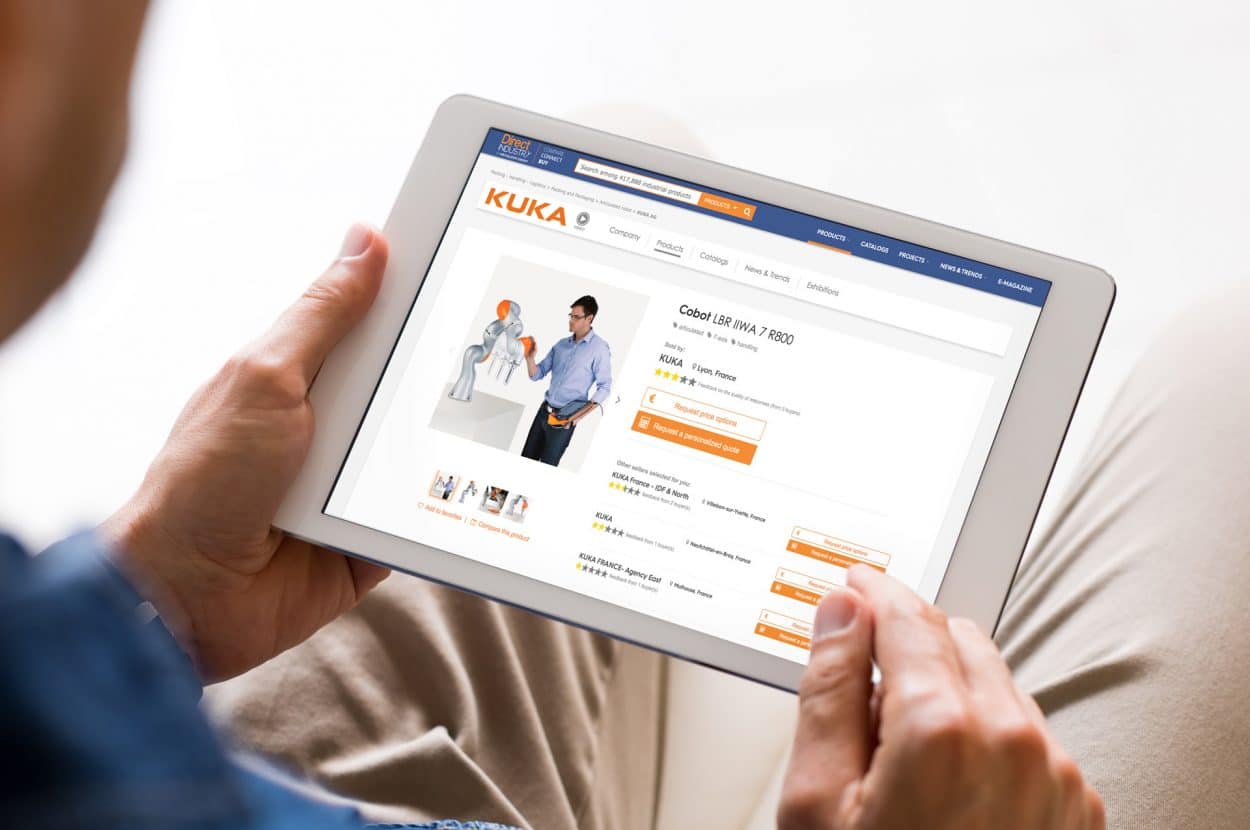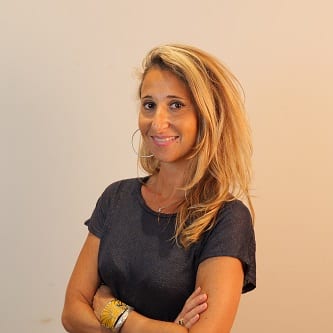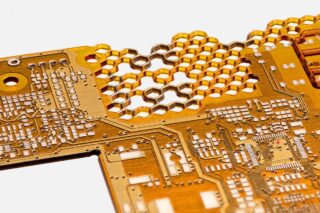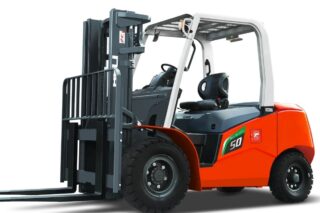As companies continue expanding the online market by creating their own marketplace, the year 2020 might be the cut-off for those interested in entering the competition. That’s what Vincent Gérard, CEO of the French company VirtualExpo Group which powers DirectIndustry, thinks. Today, the company is officially launching its new online marketplaces.

Marseille (FRANCE), July 9, 2020—French company VirtualExpo Group officially launches its group of B2B marketplaces after having successfully completed a test phase which began last April.
The company has six online exhibition sites (ArchiExpo, DirectIndustry, MedicalExpo, NauticExpo, AgriExpo and AeroExpo) that attract millions of online buyers, manufacturers and distributors; one of which includes our publisher DirectIndustry, whose 20th anniversary also takes place this year. If so far it was possible to source thousands of products, it will now be possible to buy them online.
In our interview with CEO Vincent Gérard, we discuss why the group decided to enter the marketplace, what differentiates the company from competitors and what we can expect in the future.
Where did the idea to develop a marketplace come from?
Vincent Gerard: Transitioning into a marketplace was a natural evolution. Early discussions about making the switch date back to 2015-2016 when we realized that our visitors wanted to have the option to buy products online. We decided to become a marketplace to satisfy their needs. We could have continued a few more years without having created a marketplace but now is the time when companies are building models for B2B and we want to position ourselves as a leader.
The VirtualExpo marketplace is a quote-validation model. Can you detail the process?
Vincent Gerard: After sourcing a product on one of our websites, a buyer can request a personalized quote. The supplier receives the request through our interface where he can chat with the buyer, share files and submit the personalized quote. The buyer can challenge the quote, and if the two parties agree, the buyer can validate it online either by electronic signature or by paying via credit card or bank transfer. The option for online payment is not yet available, but it will be in the future.
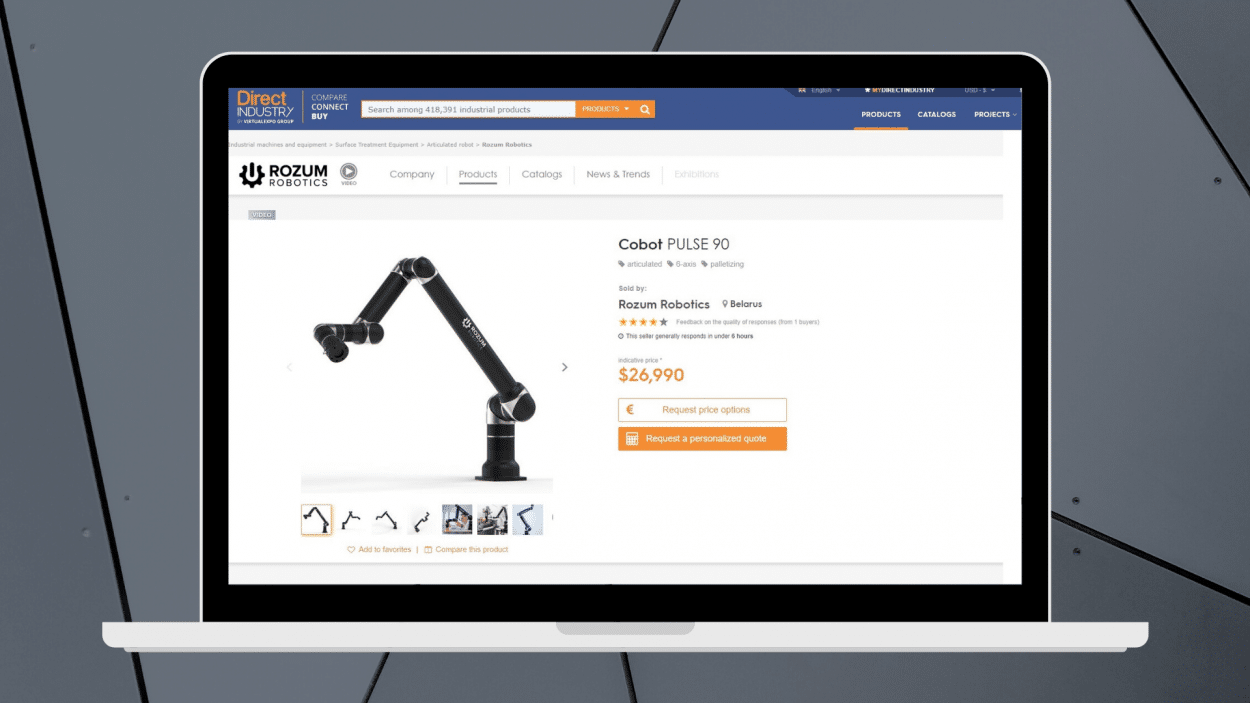
How is the marketplace a revolution for the group?
Vincent Gerard: Before the marketplace, our job was like a physical tradeshow organizer: to connect buyers and suppliers. We had very little visibility on the rest of this connection. With the marketplace, we are now a player in the transactions. We become a trusted third party, so it’s a real revolution for us. Our new responsibilities include: following the discussions between buyer and seller, facilitating conversations if necessary, assessing the quality of suppliers, and therefore, directing buyers to the best suppliers. We have also developed a multi-lingual service to support buyers and suppliers at all stages of the transaction.
What is your biggest challenge?
Vincent Gerard: The biggest challenge is meeting the needs of professional buyers who are very different from B2C buyers. 80% of our online products intended for professionals are not standard or off-the-shelf products capable of being delivered within 24 hours. They often have many options, accessories and long sales cycles. It is therefore difficult to follow the transactions from the first exchange until the final validation of the quote. That’s what we have managed to do. Another challenge will be to work on the remaining 20% of the products that are off-the-shelf products that can potentially be purchased online. And we also have to increase the number of manufacturers that display the prices of their products. Today, we offer different information on the majority of the products (catalogues, videos, technical data sheets, buying guides, specifics, articles). The content that is generally missing in B2B is prices. Some sectors such as architecture and nautism are already used to selling online. For them, the transition from the online exhibition to the marketplace is natural. For other B2B players, this is often their first step into e-commerce. Our role is to train them to become e-merchants. We won’t force our clients to put a price on their products, but as we grow, we will show them how online purchasing increases when the price is listed.
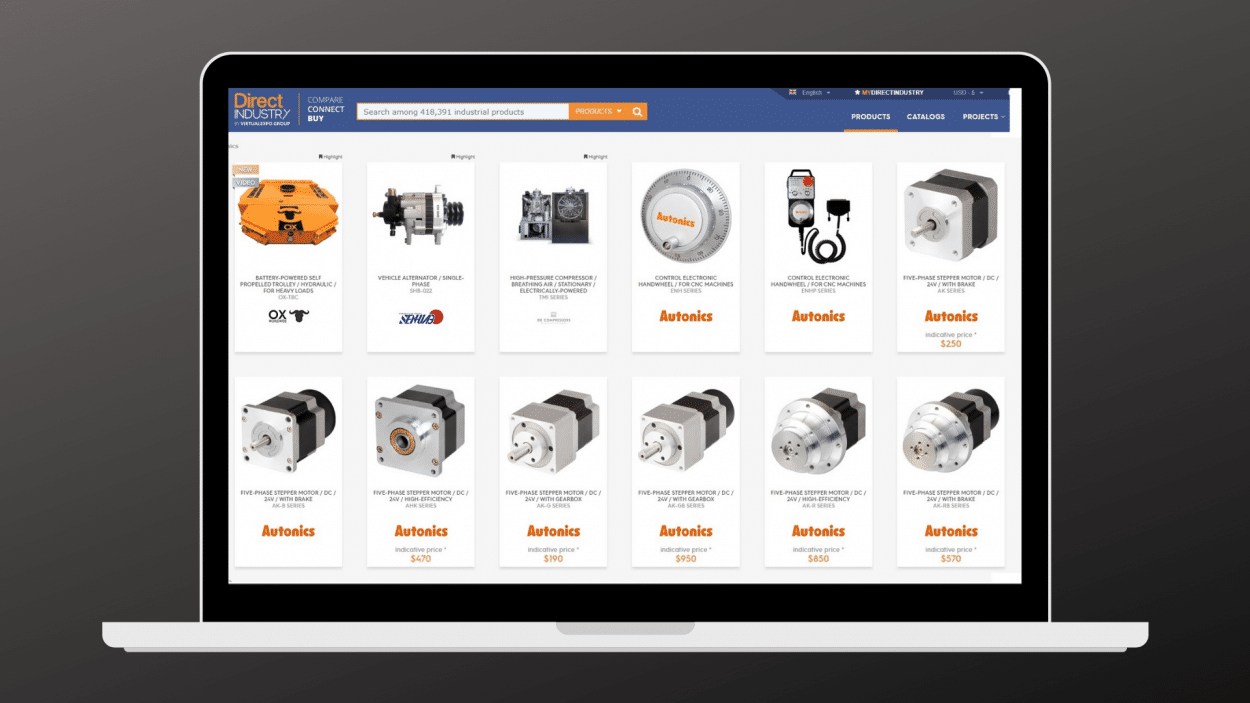
According to some experts, the global online B2B market represents US$12.2 trillion GMV. What will enable VirtualExpo and DirectIndustry to take a significant part in this market?
Vincent Gerard: Our background of 20 years in B2B gives us a head start. With all six of our websites combined, we have more than 100 million professional visitors per year. This makes more than 1 million requests for quotes or documentation possible. So, we already have a considerable audience of potential buyers. It’s the same thing in terms of products and content. We are already a database of world references for professional products with more than 1.2 million products visible worldwide. We already work with nearly 40,000 manufacturers and 1 million distributors worldwide. The volume of business that transits on our platforms is 500 million euros per year. Currently, 12% turns into sales. We are only at the beginning, and we hope to multiply these figures by 5 in the next 3 years.
Alibaba has really established itself quite clearly as a B2B marketplace. How do you position yourself in relation to Alibaba?
Vincent Gerard: Alibaba’s model is basically the same as ours. They do online networking and online transactions. However, Alibaba connects small and medium-sized Chinese companies and helps them to export worldwide. We have a broader mission: we help companies sell worldwide. It’s multidirectional and not only from China to the rest of the world. So it’s really an asset. And we already have this multilingual power that few competitors have.
What about Amazon?
Vincent Gerard: Amazon’s products are like our 20% off-the-shelf products. Their products are standardized and very much oriented towards office, globally. Of course, they are an incredible power in the realm of B2B.
Should the company fear them?
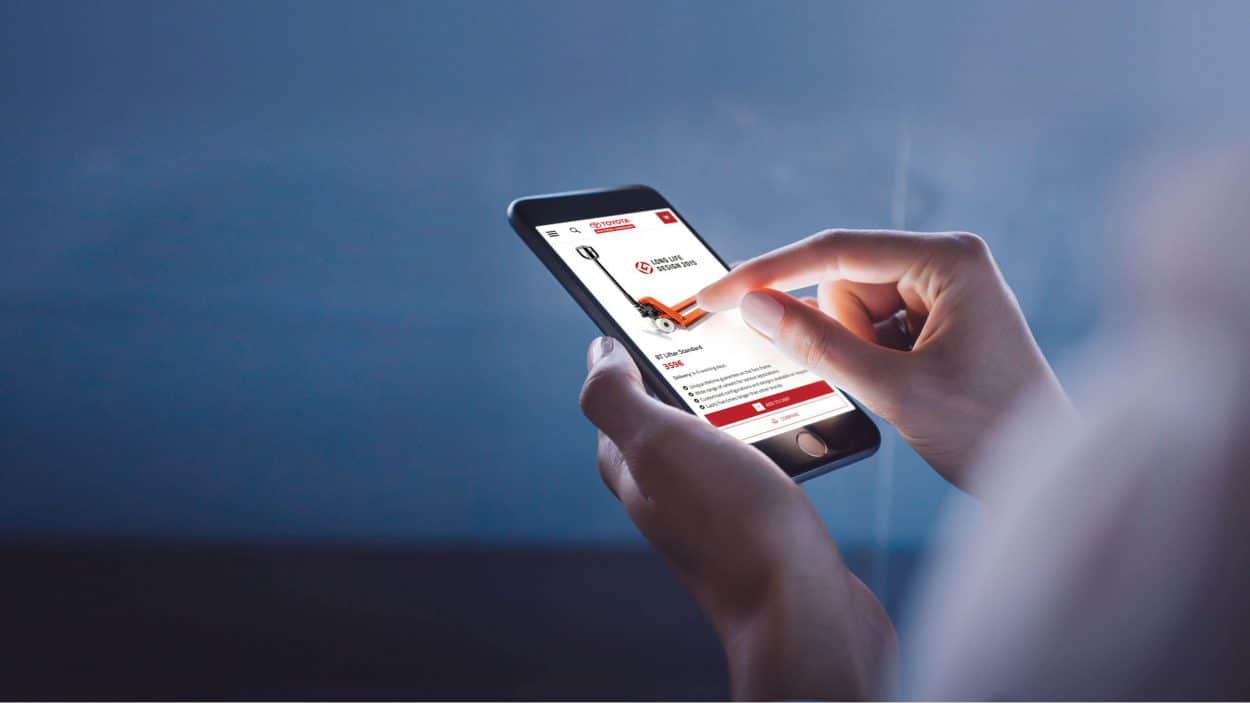
Vincent Gerard: I don’t think we’ll be competing with them much in the future. Only 5% of the products we exhibit on our sites are similar to those of Amazon. They prioritize product availability and fast delivery, which are their strengths today. We prioritize the quality of our suppliers. I think that we are in two slightly different businesses, and for the products for which we are in competition, each of us will have to play to our own strengths.
Do you envisage a delivery capacity one day?
Vincent Gerard: No, because the typology of our products is too large. We, for example, have quotations of 3 million euros on machines that are 50m long. So this notion of delivery, if we do it one day, will be limited to certain products. We rely on our 40,000 manufacturers and 1 million online distributors. It’s a solid base. What we can put in place in the future to get even closer to B2C habits, will be a delivery tracking tool which connects with existing parcel tracking apps.
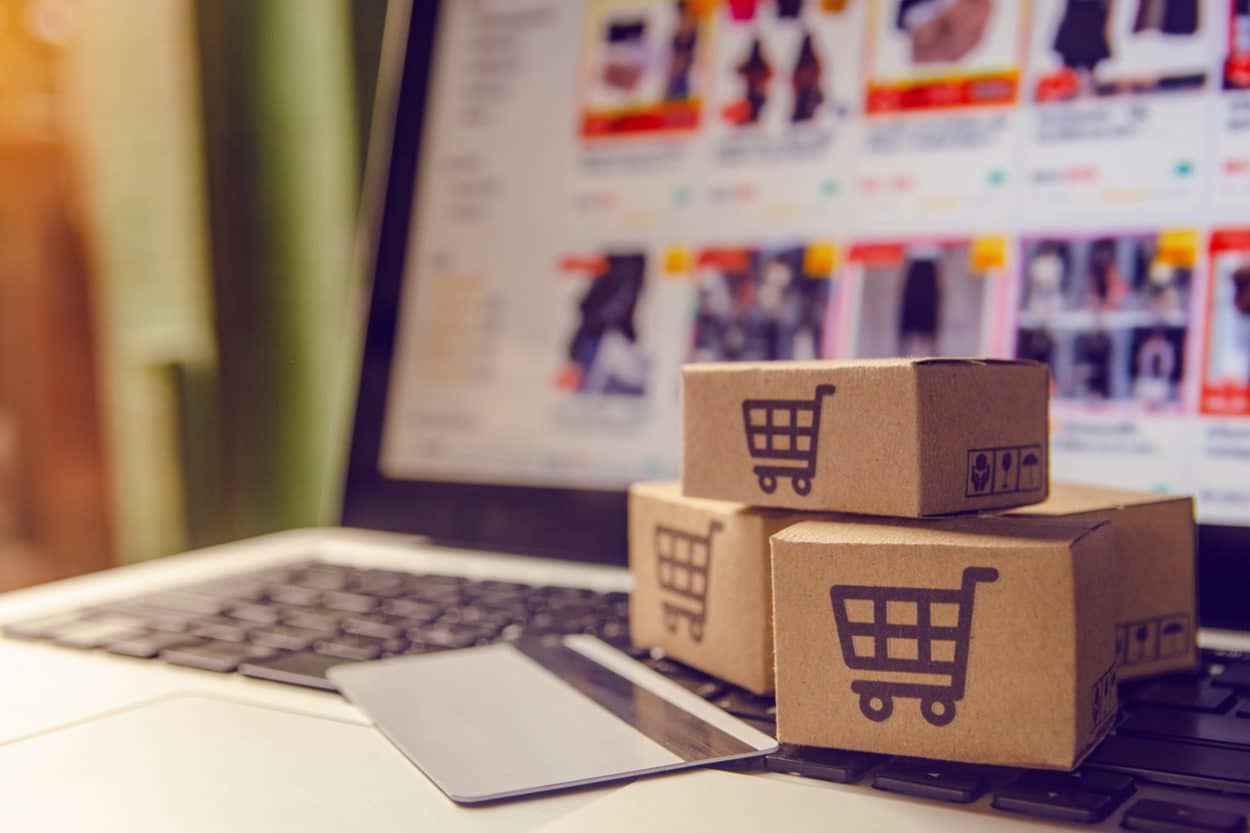
B2B buyers have increasing expectations, both in terms of choice, customer experience and added services. What will be the range of services offered on your marketplace?
Vincent Gerard: Often, the priority of a professional buyer is not the price of a product but the quality of the supplier. Therefore, our marketplace model assigns a satisfaction score based on the opinion of previous buyers who rate the quality of the transaction with the supplier. This is important in B2B. We also added a product comparison tool to help buyers choose the product that best suits their needs. In addition we try to have a majority of products with prices. Lastly, buyers will soon be able to pay small amounts (up to €2500) online using a credit card or for larger amounts using a wire transfer, and this for a large range of currencies.
How do you plan to attract new buyers?
Vincent Gerard: We already have a high proportion of new visitors every day. On DirectIndustry, 1500 first-time visitors make a request every day. One of the first objectives of the marketplace will not necessarily be to increase this figure, but to encourage people to come back to our sites, not only for product sourcing but for the quality of our service. Then, the evolution of our traffic will come from buyer satisfaction. If search engines detect that visitor activity is virtuous on our sites and business is being done, there will be a natural increase in our search engine ranking and e-reputation.

The COVID-19 pandemic has accelerated the dematerialization of purchases. To what extent can this be an opportunity for your marketplace?
Vincent Gerard: It’s hard to talk about opportunity in a situation like this. But it is true that since the pandemic, and especially since the cancellation of the physical shows, we have seen a significant increase in our sales and a very sharp rise in our audiences. The crisis has revealed the need for industry to go digital. We have noticed that manufacturers, suppliers and distributors are much more attentive to digitization. Some are already in the process of going digital, whereas before the crisis, many were a bit cautious. So this obviously facilitates our model. Global exchanges have stopped, but they have continued on the web, and this has had a very strong impact on our traffic. DirectIndustry’s traffic, for example, has increased by more than 20%. This reinforces our belief that digital B2B transactions will explode in the years to come.
What are the next steps, once the marketplace is launched? Can you tell us a little more about the 20% of your products on which you plan to develop online payment?
Vincent Gerard: Our priority is to maintain a strong worldwide network of partners and distributors who guarantee a certain quality of service for the buyers. In parallel, we will be working on a direct online sales model for standard products, the 20% of our products that are off-the-shelf products, like B2C platforms already do. This is rare in B2B, so we have a card to play. The idea is to offer the possibility to create your own e-shop in which you can sell some of your standard products at a fixed price, on which you have stock and you know how to deliver. It will then be easy to get commissions. We’re preparing a pilot on that, and it should come into being in 2021.
For more information, visit VirtualExpo, visit DirectIndustry
This interview was conducted by Camille Rustici, Editor-in-Chief of DirectIndustry e-Magazine, Célia Sampol, Editor-in-Chief of MedicalExpo e-Magazine and Erin Tallman, Editor-in-Chief of ArchiExpo e-Magazine —all three publications are powered by VirtualExpo Group.
